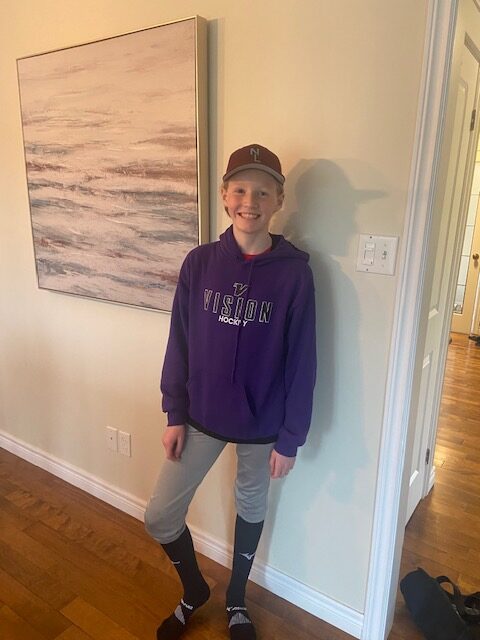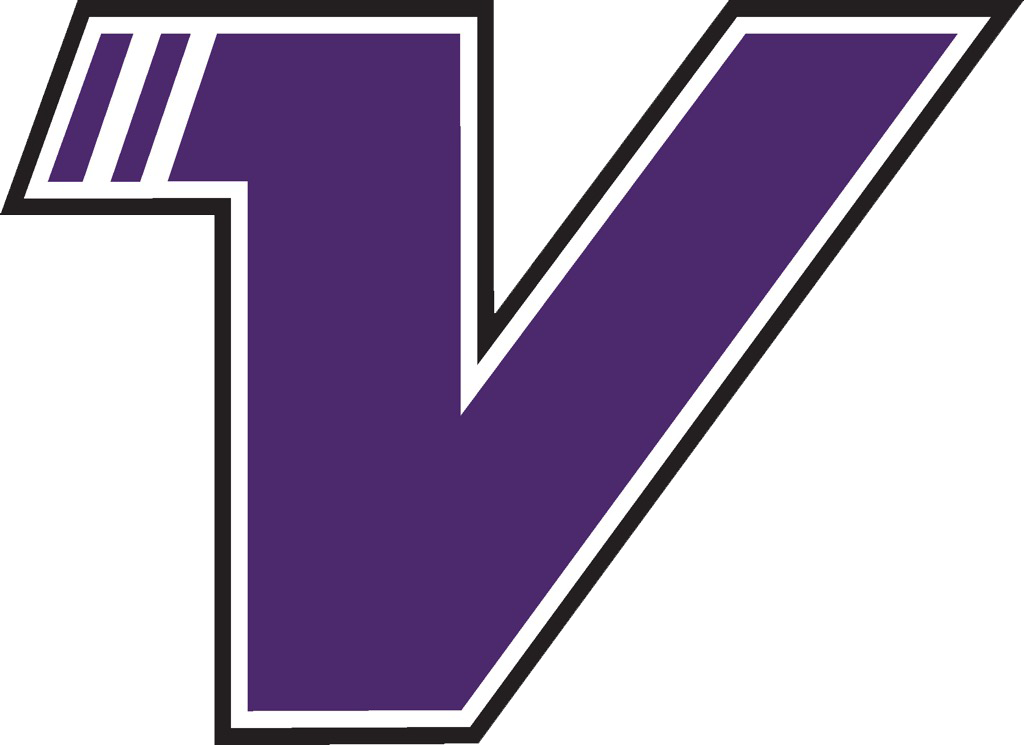

In today’s suffocating private hockey marketplace – there are seemingly endless programs operating out of any rink that keeps their ice on year-round – it is very easy to get caught up in it. Power skating, two line games, spring travel teams… before you know it, the fall is here and players are showing signs of overuse injuries before the minor hockey season begins! I could list off at least a dozen reasons why year-round hockey is a bad decision (I’ll save that one for another time), but for now, lets dive into some ways that players can improve through other activities. Some may surprise you.
*** Read books. It doesn’t matter if it’s hockey, world history or financial instruments – if you want to get better in anything, a good place to start is the library! Read a biography on your favourite NHL superstar, pick up literature on mental skills (confidence development, brain training techniques), or read about sports nutrition because 80% of athletic performance relates back to the fuel that goes into the car. Self-made millionaire Patrick Bet-David agrees with me – click here to watch, time stamp 2:20 . Disclaimer – I’m not here to suggest avoiding the education route, but the point being made here is reading is an exceptional tool for knowledge development.
*** Play baseball. Or softball. How many goals are scored around the net in these NHL playoffs? Everyone wonders why Sid Crosby is so good around the net and seemingly has otherworldly hand-eye – part of that aspect of his game was developed as a member of the Cole Harbour Cardinals minor baseball program. If you don’t believe me, click here to read this article . Sid and I became friends at Andrews Hockey Camps as kids, throwing the ball around at Slelom Park in Summerside where the camps used to be hosted.
*** Play ball hockey. Or road hockey. There are lots of ball hockey leagues around; check out the NL Ball Hockey Web Site for more, and if you’re in Corner Brook, a buddy of mine who is a tremendous ball hockey player runs skill development clinics (@astepaboveballhockey on Instagram for more info). Ball hockey is a great sport for developing 1v1 defending skills, conditioning, decision-making, and quickness/acceleration.
*** Learn a new sport. Maybe ball hockey, soccer, baseball, or the more traditional off-season sports aren’t your thing – that’s quite ok! Why not learn how to play golf? Just about every hockey player plays golf in the off-season! Golf improves mental skills, and hand-eye co-ordination. The golf course is also a tremendous place to network – My favourite investor of all-time (Peter Lynch) hooked in with Fidelity Investments because he caddied for a company executive . For every summer bachelor party you go to, I can almost guarantee that there’s a round of golf on the activity itinerary… it never hurts to be well-rounded. My summers as a youth were spent in the Bally Haly Junior Golf Program – click the hyperlink to learn more.
*** Go on a family vacation. After 2 years of being cooped up inside the house watching TV, how about exploring the planet (if your family has the means to do so)? Family vacations might not be the cool thing to do as a teenager, but you’ll wish you did more of them when you’re older.
*** Hit the gym. Hire a trainer and put shoes to turf! This doesn’t have to include heavy weights – even younger players can master their own bodyweight with push-ups, planks, and burpees. Click here for group training options in St. John’s, and here for 1v1 opportunities if you’re in rural parts of NL. Note – there are lots of great trainers here on the Avalon Peninsula and beyond, these are merely suggestions based on personal experiences.
*** Learn about your body. Even if you’re not injured, it never hurts to learn about your body’s imbalances and what parts of your body need improvement before your training routine starts. Some skating stride mechanical errors can be attributed to things such as body tightness, and thoracic rotation issues! Reach out to Jeff at jeffwebberphysio@gmail.com for more info on how to be proactive, not reactive, with your body this summer.
*** Be a kid. Haul out the Playstation once and a while, have a sleep over with some friends. Go camping for the weekend. Play square ball on the street.
*** Set or redefine your goals. Do up a personal road map – where do you see yourself this time next year? Two years from now? Five years from now? Do you want to go the major junior or college route? Don’t decide these things in senior year of high school – develop a plan from a young age and tweak it regularly. Make sure your goals are specific, measurable, attainable, realistic, and time-bound (SMART acronym). Click here for more goal setting tips .
*** Shoot pucks in the basement/driveway. Here’s a good video of some drills to do at home if you have the space (keep your head up as much as possible). No space? No problem. Grab a sheet of Lexan from Home Depot (or ask your local arena if they have any left over from old arena boards) and go outside. OR try our new Sense Arena VR headset (shameless plug)
*** Find activities that bring you inner peace. For me, blogging (writing articles like this one) is very relaxing. Some people are big into meditation, others yoga, some mountain biking, and others drawing. The list is endless. But the key here is to find activities that bring you inner peace, things that help you re-energize your mental energy.
*** Learn how to play a musical instrument. This bullet point could likely fall under ‘inner peace activities’, but hey. If you’re a teenage guy – I have yet to meet a girl who doesn’t like a guy who plays a mean guitar. Just sayin’.
*** Give back to the community. Again, another bullet point that could fall under inner peace activities but what the hell. Giving back is important enough to have its own bullet point. Volunteer, clean up the Rennie’s River trail, donate old clothes to the SPCA Thrift Store’s around town (click here for locations and hours).
I’m sure some of you are reading these thinking – how does cleaning up Rennie’s River, or playing guitar make me a better hockey player? IT IMPROVES YOUR MENTAL SKILLS. These activities put athletes into a positive frame of mind, which improves confidence development. Feeling good about yourself and playing well go hand-in-hand. Don’t believe me? Read this book
Until next time,
AP
